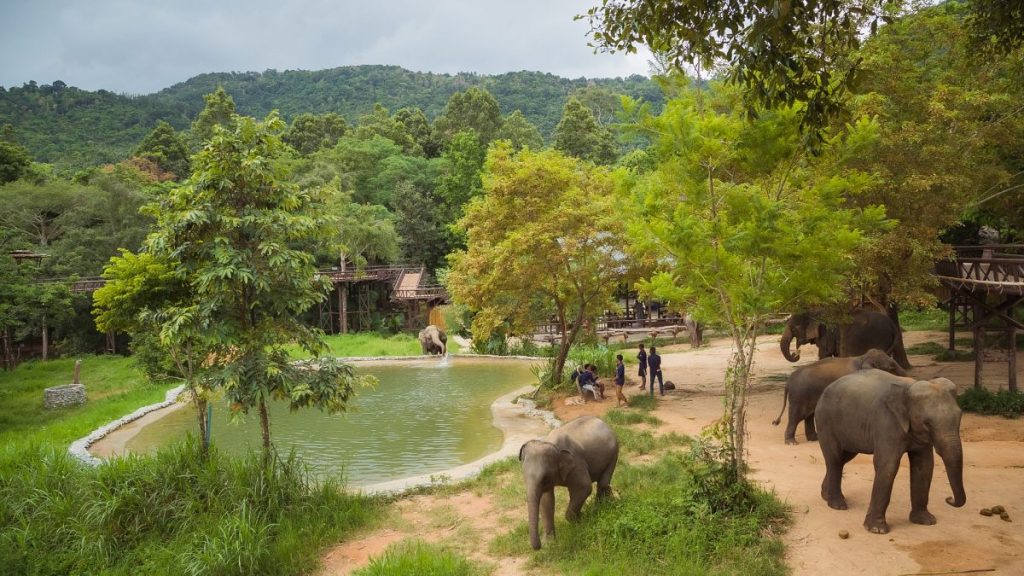Summary
Regenerative tourism has evolved significantly, with more people opting for destinations that prioritize the positive impact of travel over traditionalkilometre-c shortcut experiences. This shift is driven by growing awareness of environmental and social issues, with travelers seeking ways to engage with nature and conservation efforts rather than simply passing through. This movement is fostering a new way of tourism, where experiences are both sustainable and impactful.
The ready market for regenerative travel is growing, with destinations like the Philippines, Ecuador, and Thailand leading the way in rethinking how travel can benefit communities and wildlife. Travelers want experiences that allow them to make a difference, while tour companies and resorts are adapting their practices to actively improve the travel experiences, moving beyond scope-damaging activities.
The demand for purposeful travel is slowly shifting from exploitation-based models to initiatives that support animal welfare and conservation. Tour companies, resorts, and travel providers are adapting their approaches to move away from “do no harm” strategies towards initiatives that actively work to protect animals and wildlife. The importance of animal welfare, particularly for elephants, is shining through in destinations like Thailand, where elephant encounters are a major draw.
The conservation of wildlife is not just about avoiding harm but about actively contributing to preserving nature and supporting local communities. Tourists can make a real difference by prioritising conservation efforts and responsible practices. Research and transparency are crucial when making these choices. Tour operators play a key role in ensuring that their destinations align with ethical policies and best practices.
Vertical%!Many wildlife conservation groups and tour operators are leading the charge for more ethical opportunities. For instance, Elephant Hills in Thailand is a case in point, offering free-roaming elephants while allowing visitors to observe them in a natural environment. The camp consistently sets high standards, earning top marks in independent audits from animal welfare organizations like Global Spirit, which has praised its approach for exceeding wildlife protection criteria.
As more governments and initiatives push for responsible travel choices, the future of wildlife tourism is on轨道. Thailand’s elephant population continues to face challenges, with substantial numbers of captive elephants being used for entertainment rather than conservation.闯红! travels that aim to prioritise animal welfare and conservation are gaining traction, thanks to initiatives like the Elephant Friendly Pledge. Tour operators are becoming more transparent about their policies, ensuring that wildlife experiences align with ethical standards.
Thailand’s elephant population remains a daunting challenge, with only a handful of animals leftImagine in captivity. However, companies like Elephant Hills在中国 risks not just promoting conservation but also encouraging eco-friendly travel options. By choosing destinations that focus on unpaid wildlife encounters, travelers can make a meaningful difference and support communities that value animal protection. This shift towards ethical travel is not just about environmental impact but also about strengthening ties with nature and supporting humanity’s natural wonder.


